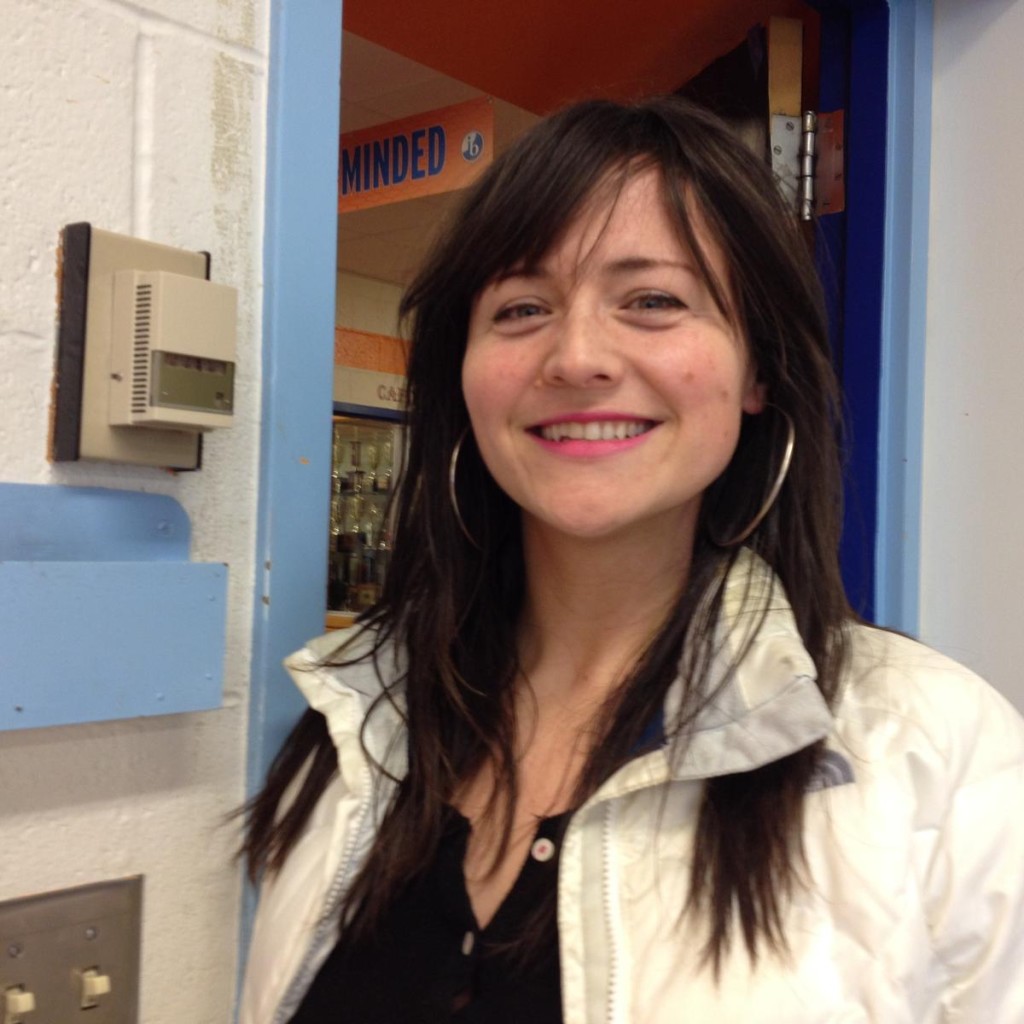It used to be that students went to their school clinic to have their sore throat checked or get a vaccine. But many kids today have needs that go beyond physical health, whether it’s dealing with exposure to violence or having suicidal thoughts.
In response, a growing number of schools have started offering mental health services.
At Rainier Beach High School, Jen Kantor doesn’t always wait for students to come to her office. Sometimes she gets out and meets them where they are. Kantor is a therapist, a mental health counselor.

One afternoon she’s out in the hallway, trying to round up students for Girls’ Talk, enticing them with free lunch. The lunch time talk is confidential. Students can talk about whatever is on their minds. Today’s topic is race relations. Sometimes Kantor comes up with topics that might be relevant to them.
“Right now we’re planning our groups for the rest of the year, focusing on domestic violence in relationships,” Kantor said. “There are some violence in teen relationships and we want to help kids know how to spot and identify things with regards to power and control in relationships.”
These lunch time talks take place twice a month. They’re part outreach, part prevention work. And they also let kids know Kantor’s office is always open to them.
Keshia, 18, said mental health is just as important as physical health. For that, she appreciates having Kantor around.
“If she wasn’t here, oh my gosh, I don’t know who I would talk to,” Keshia said. She declined to provide her last name. “For her to be here is a lot easier; everyone knows they have someone to talk to, they don’t have to hold it in, go home angry, come to school angry, and just have a bad attitude. Because some people don’t have someone to talk to at home or friends.”
Kantor works for Group Health, and has been the counselor at Rainier Beach for the past seven years. She works with students on a range of problems, but issues of anxiety and depression come up a lot.
A Growing Trend
More and more schools are including mental health services as part of their health clinics. Often it’s a collaboration between public agencies and local health organizations.
For example, Seattle’s school-based clinics get funding from the city’s Families and Education Levy. Running the clinics is a collaboration between the school district, Seattle-King County Public Health and local health care providers.
Dixie Grunenfelder oversees behavioral health programs in public schools at the Office of State Public Instruction. “Schools have become much more sophisticated in identifying kids’ needs,” she said, “not just on the academic realm, but also on the behavior realm, things they might be struggling with.”
The state is keeping track. Every other year it conducts a survey to get an idea of students’ physical and mental wellbeing. This helps agencies gauge their needs.
Grunenfelder said that over the past few years the state has seen an increase in kids feeling depressed — especially among 10th and 12th graders.
Having a counselor onsite makes a difference she said. It increases the likelihood that kids follow through on a referral and get the services they need — and get right back to class.
Grunenfelder said it also sends an important message. “It sets a climate of, ‘this is a healthy environment,’” she said. “Having a mental health issue isn’t a bad thing; it’s not stigmatized. It’s not put away and sent away. It’s something we deal with.”
Read complete KUOW.org post here.
Source: KUOW News and Information, By Ruby De Luna
